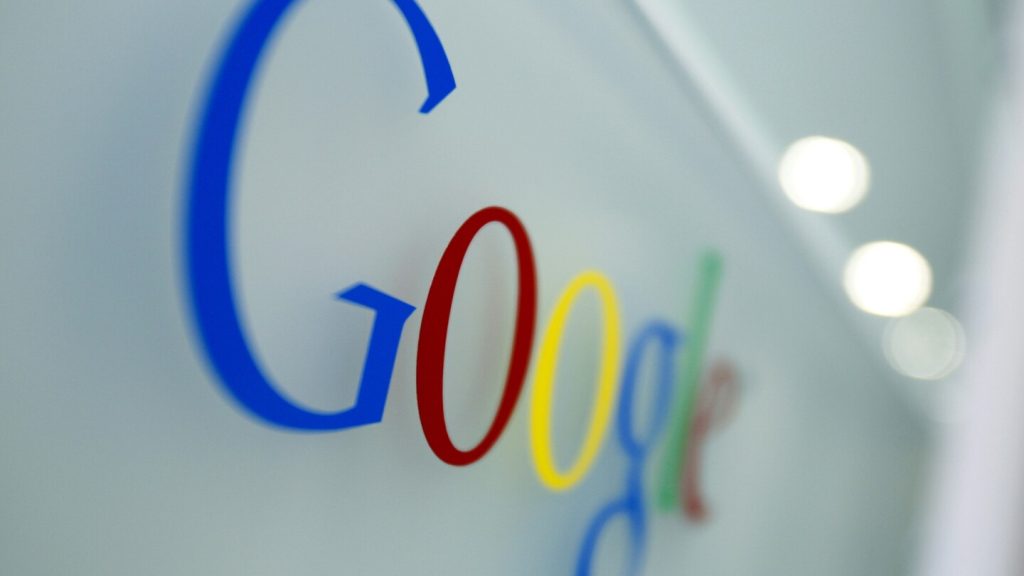Google is facing a major antitrust lawsuit in Virginia, where the company is accused of building a monopoly on online advertising technology. Google has asked for a judge, rather than a jury, to decide whether it violated U.S. antitrust laws in this case. The tech giant has made a multimillion-dollar payment to the U.S. government, which it believes eliminates the government’s basis for demanding a jury trial. The case in Virginia is one of two major lawsuits brought against Google by the Justice Department, with the other case focusing on Google’s dominance as a search engine.
The Department of Justice did not immediately respond to Google’s request for a judge to decide the case, rather than a jury. Google argues that the right to a jury trial does not apply to civil suits brought by the government, as it is meant to protect citizens against the government. The company also points out that the Justice Department has a stronger argument for demanding a jury when seeking monetary damages, rather than just equitable relief. In this case, the Department of Justice is seeking monetary damages on behalf of federal agencies that were allegedly harmed by Google’s monopolistic practices in online advertising.
Google contends that the damages claim in the Virginia case was added at the last minute in order to allow the government to seek a jury trial. The company has made a payment to the government that is triple the amount of damages the government can claim in the case. While Google disputes the legitimacy of the damages, it has opted to pay the claimed amount to avoid the need for a jury to decide the damages question. Google has previously defended itself in front of a jury in antitrust cases brought by private companies, including a case last year in San Francisco where a jury ruled in favor of the plaintiff.
The Virginia case involves complex and technical issues related to advertising technology, which Google argues are beyond the everyday knowledge of most jurors. The company believes that a judge, with expertise in antitrust law and technology, is better equipped to decide the case. Google’s filing also raises questions about the government’s motivations for seeking a jury trial and the timing of the damages claim in the case. The outcome of Google’s request for a judge to decide the Virginia case will have significant implications for the future of antitrust enforcement in the tech industry.
Overall, Google’s decision to ask for a judge, rather than a jury, to decide the antitrust case in Virginia highlights the company’s strategy to navigate complex legal challenges. By making a significant payment to the government and arguing that a jury trial is not appropriate in this case, Google is seeking to influence the outcome of the lawsuit in its favor. The case will continue to evolve as both sides present their arguments in court, and a decision on whether a judge or jury will decide the case is expected in the coming months.


